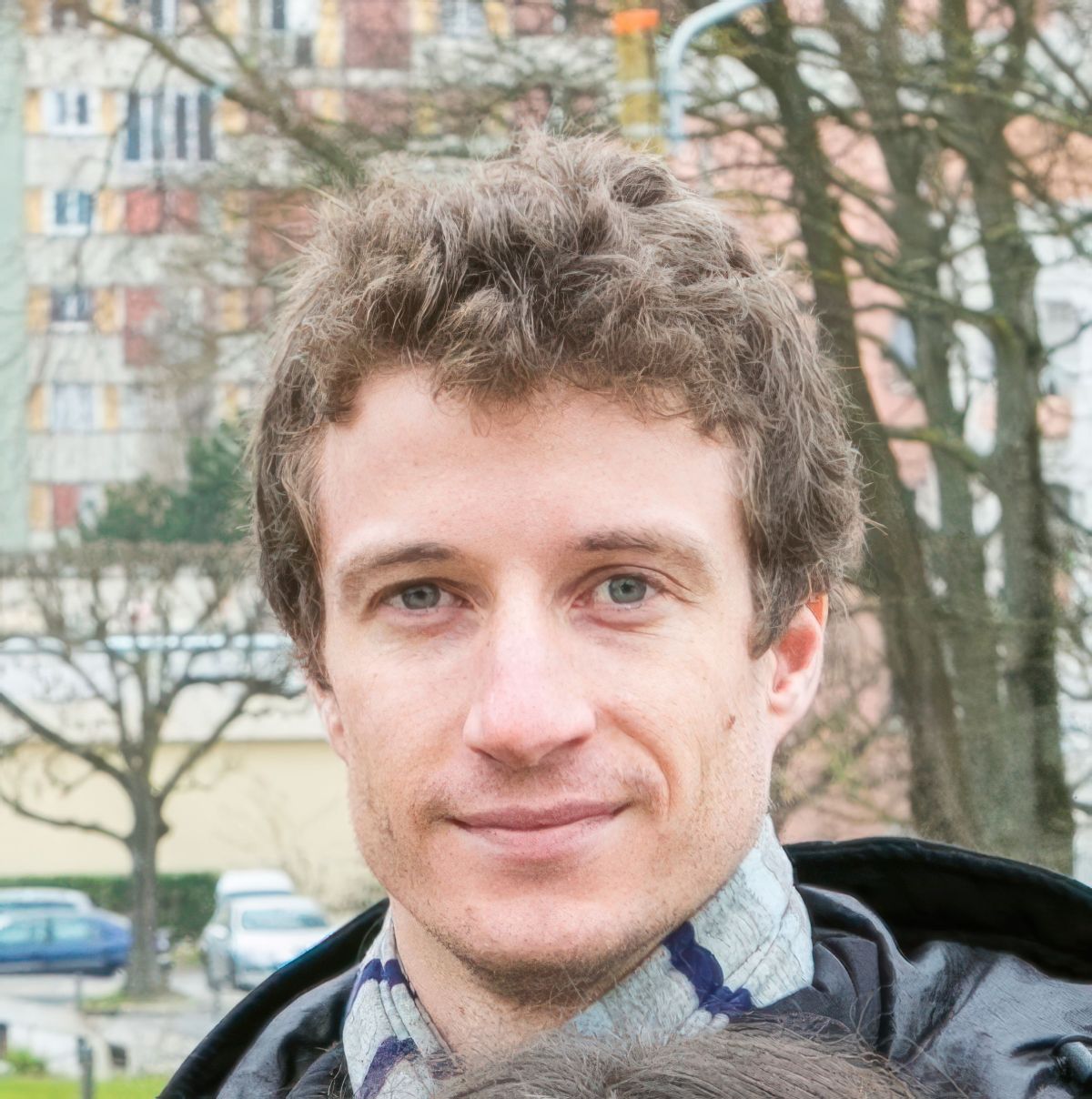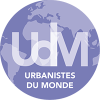Portrait

Thibault Hatton – STU 2010 – Collaborator at Couleurs d’avenir
Published on | Alumni Portraits
Portrait created by Cyprien Butin (GLM 2014)
From “community development” to urban social development
For this new alumni profile, I met Thibault Hatton, who works at Couleurs d’avenir, a consultancy specialising in urban social development, and is also a guitarist in his spare time.
2006-2010 : Stellenbosch, the founding experience
Like many political science students, Thibault has been greatly influenced by his year abroad, which he spent in South Africa. While studying at Stellenbosch (near Cape Town), he followed a special programme focused on “community development”, an Anglo-Saxon paradigm of local development based on the notion of empowerment.
This consists, in his own words, of working with residents to seek endogenous solutions to reverse the poverty spiral at the level of a neighbourhood or disadvantaged area. In parallel to his courses, he is undertaking a mandatory internship with the university’s institutional coordination office, where he is responsible for implementing HIV/AIDS prevention activities in an informal area of Stellenbosch.
Thibault’s experience allows him to gain a deep understanding of public health issues and to deconstruct many preconceived notions about South Africa. The concerns related to HIV/AIDS largely unite the new post-apartheid generation and indeed allow for a move beyond a too racial and Manichean view of the country. The university of Stellenbosch, which primarily educated wealthy white students during Apartheid, is thus not – as one might expect – immune to HIV. Fully satisfied with his undergrad studies, he decides to extend his stay with a gap year and continues to work in the same area. When it comes to choosing a master’s programme, he hesitates between the more international PSIA masters and the Master's in Territorial and Urban Strategies (STU), ultimately opting for the territorialised approach to public policies that it offers.
2010-2014: On the ground in Africa and South America
For his final internship, he joins the international relations department of the Paris City Hall (DGRI), where he is tasked with processing grant applications from organisations fighting HIV in Africa – a priority for the City of Paris in terms of international solidarity. He also participates in the start-up of a major project supporting decentralisation in Bamako and Ouagadougou, focusing on public health themes.
With his Sciences Po diploma in hand, a VIA position at the French Institute of South Africa (IFAS) allows him to return to South Africa for two more years. He seizes the opportunity and discovers Johannesburg, which he tells me is very different from Cape Town, while remaining in touch with the academic world and research.
Back in France and keen to go abroad again, he undertakes a post-master’s at the French Institute of Urban Planning (now known as the Paris School of Urbanism), focusing on international expertise in Southern cities, before joining the French Development Agency (AFD) in Bogotá as an intern. As with his first experience in South Africa, he acquires a nuanced understanding of the field (instruction of a project in Barranquilla, located on the country’s northern coast) and of more socially-driven urban planning approaches as developed in Medellín. He continues working for a few months on a local contract for the agency and then participates in the organisation of an urban project management workshop in Cali, the third most populated city in Colombia.
Since 2015: On the ground in France
Upon returning to France, after a difficult period marked by several job opportunities abroad that did not materialise, he decides to broaden his job search and joins Couleurs d’Avenir, an operator specialising in regulating local living issues on behalf of social landlords and local authorities. Very quickly, he is offered the chance to get involved in a major project for the redevelopment of deteriorated properties led by the Ile-de-France Public Real Estate Agency (EPFIF). As a coordinator within a MOUS (Urban and Social Project Management) for the city of Clichy-sous-Bois, his role is to support residents in this change process alongside the operations for improving access (extension of the T4 tram) and urban renovation taking place in the area.
In a way, this is a return to his roots for Thibault, even if he acknowledges that this was not at all planned! By choosing to stay in France, he is aware that he is stepping away from the field of international urban development, which he does not rule out returning to one day.
His advice to urban affairs master’s students
Do not neglect personal development. Many graduates engaged in local or international development accept challenging working conditions in their early jobs at the expense of their personal growth and well-being. It is important to maintain a certain balance!
Frank Zschiegner – STU 2006 – Head of the Economic Development Team at the Versailles Grand Parc Urban Community
Published on 10 April 2016
In Situ met Frank Zschiegner in 2013, he was in charge of economic development at the town of Vélizy-Villacoublay. The portrait left us curious as it predicted…
Jean-Baptiste Delapierre - STU 2011 - in charge of attractiveness and economic forecasting at the "Economic Attractiveness and Employment" department of the City of Paris
Published on 18 January 2016
In Situ went to meet Jean-Baptiste DELAPIERRE in December, a graduate of STU in 2011, who is in charge of attractiveness and economic foresight at the…
 English
English  Français
Français 




